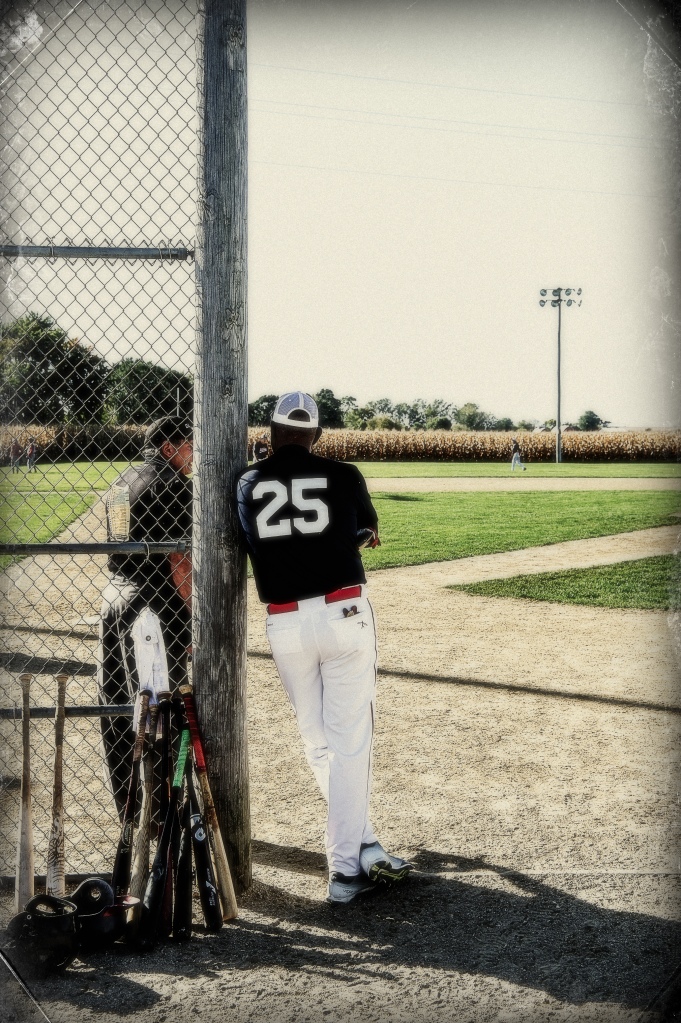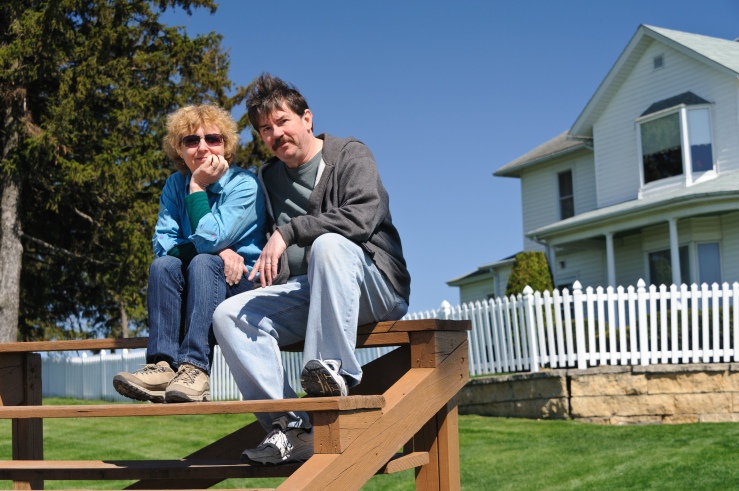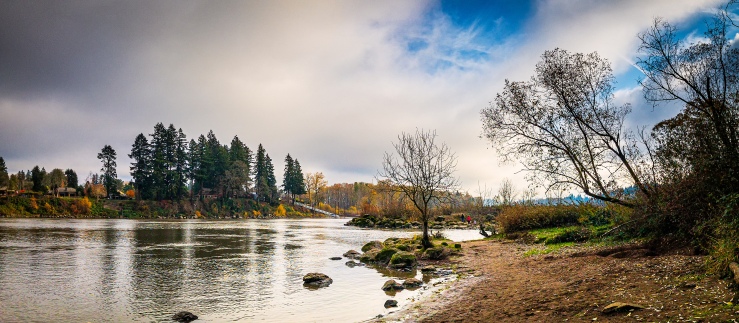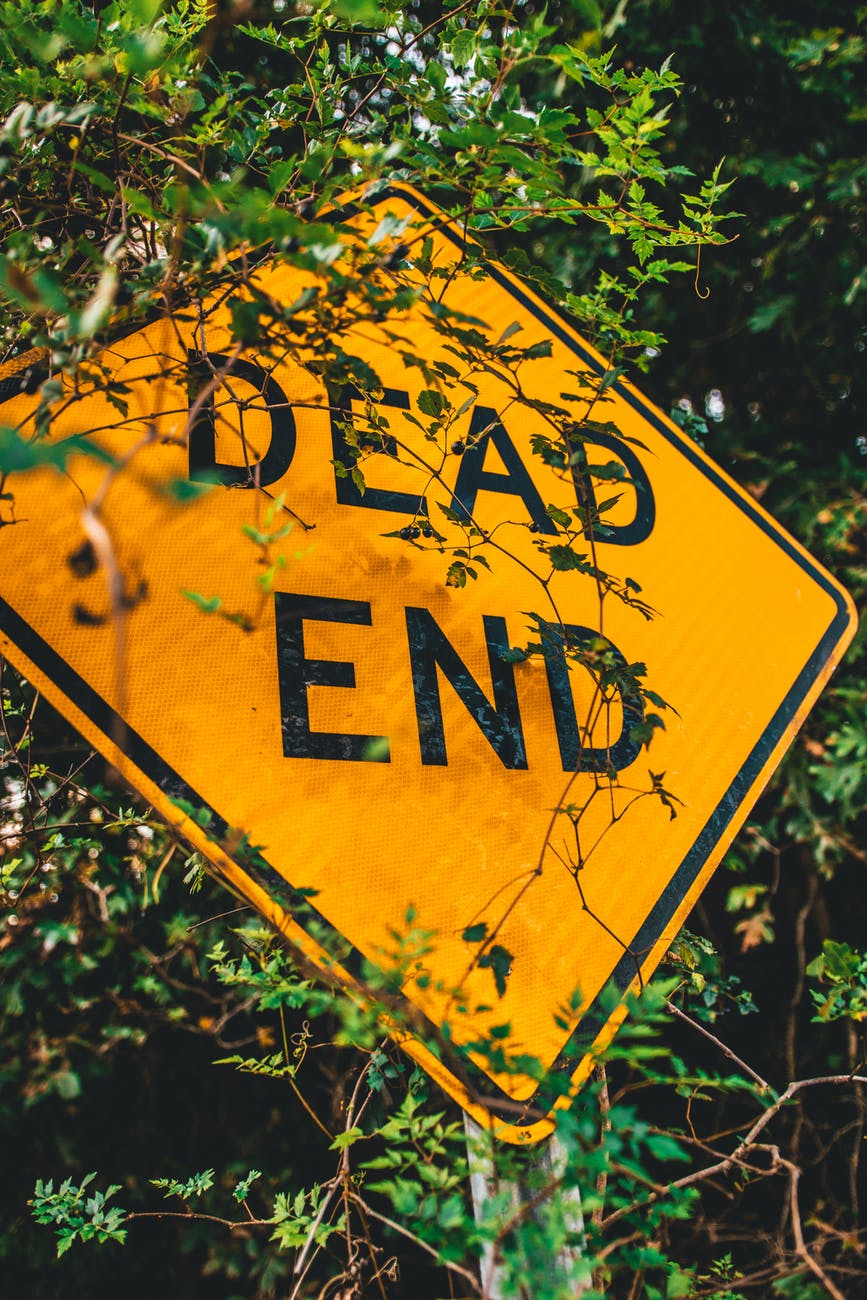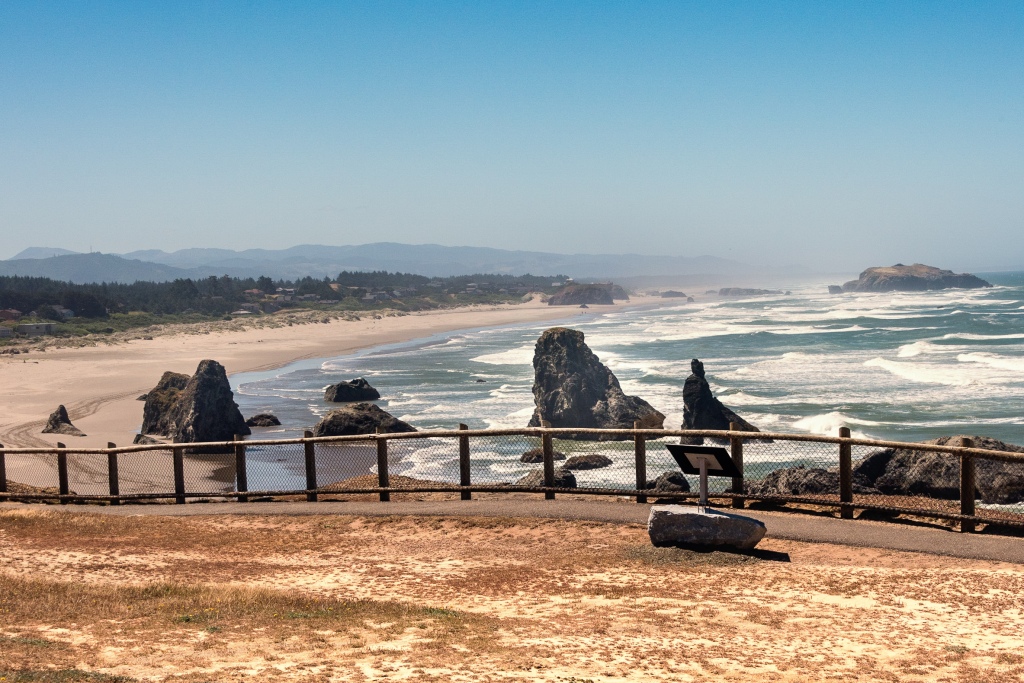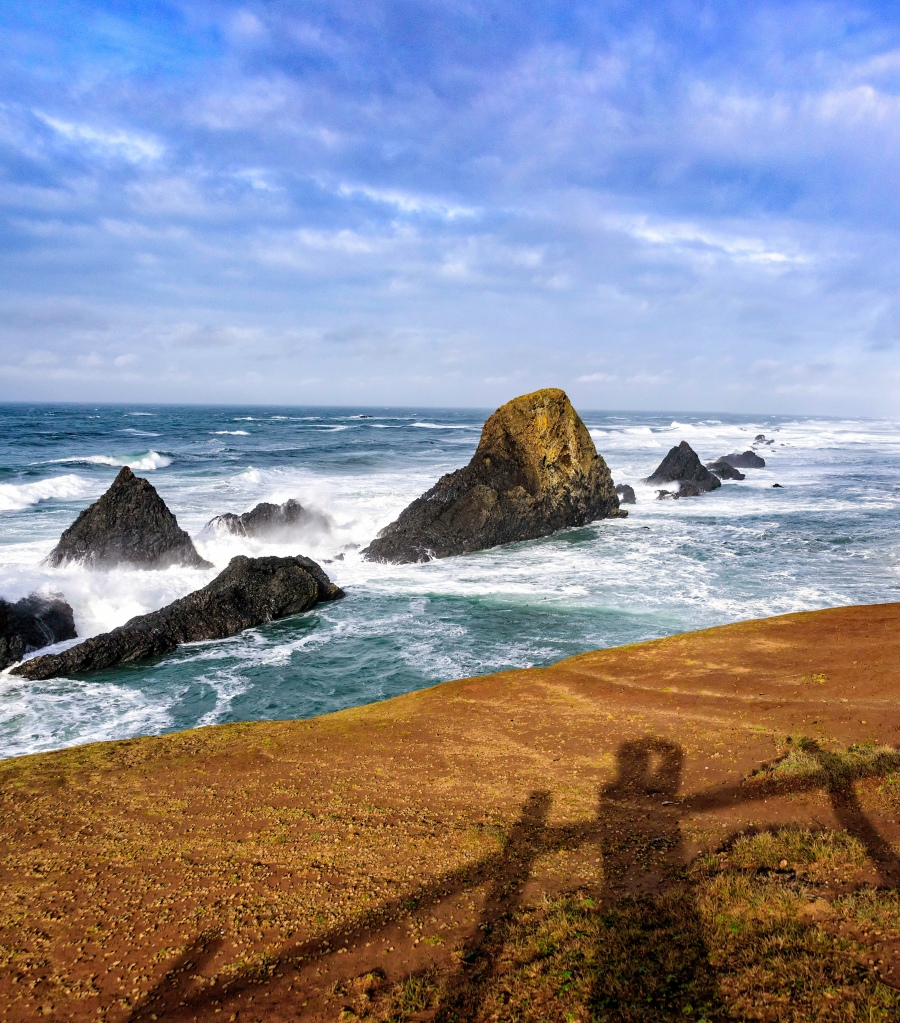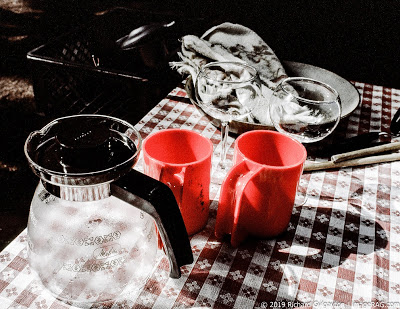February 6, 2022 7:39 am Last Homely House (reading room)
Sunday. Foggy February morning. Quiet at the Last Homely House “east of the sea.” Audio world this morning: John Fahey, The Transfiguration of Blind Joe Death. Side A, Track 2: “Orinda, Moraga.” The tune always calls my thoughts to the Old Ground in California. No regrets. Those were blessed days. So are these—quieter, gentler, but still sustained by grace. The winter mist reminds me of other vaporous mornings at St. Mary’s College as I meandered under leaden grey sunrise to the cafeteria for breakfast—where my friends whispered muted morning words over coffee, eggs, and toast. After murmuring my own half-asleep words I was off to early daylight Shakespeare with Bob Hass. Student days. Fifty years past.
This morning Stephen King, a different literature. The Dark Tower 3: The Waste Lands. Gunslingers, giant robot bears, murderous choo-choo trains, and magic doors to other worlds. Here in the Pacific Northwest I am not living in a waste land. Tall pine trees wait like guardians in this misty air. The ravaged world of crazed humans seems far away yet akin to King’s peculiar tales. The Last Homely House is a place of cool contemplation. This is my home. My center. This is New Ground. It has taken four winters for me to settle into it the same way I dwell under my blankets at night. This is my place of rest. It holds the past. It contains the present. It becomes the future day by day.

These words are Sunday morning contemplation. Self-sermons. As I write, Fahey is picking out “Bicycle Built for Two.” The itinerant guitarist is buried not far from here, in Salem in a non-descript cemetery in a non-descript grave. He died in poverty and ill health. I visited his resting place a couple years back. I need to visit again. I’ve heard the voice of his guitar countless times over the last half century. It’s a reliable comfort.
Each day I have time to wait for my voices to arise. One is here now as I write this. A different voice from Deejay, Elder Richard, Young Richard, and Kid Richard—the characters that inhabit my new writing project. This journal is my practical voice—the laidback amiable speech of an aging grateful man who lives with an open heart and mind. Settled, yet still aware that life can change to tragedy in an instant.
The source of my voices always has been literature. From the very beginning: Dick and Jane. The Cat in the Hat. Aesop’s Fables. Winnie the Pooh. Hardy Boys. Tom Swift Jr. Poe. H.G. Wells. Robert Louis Stevenson. Jack London. Isaac Asimov. Arthur C. Clarke.
And then—Tolkien. Life change. Desire to write. Read. Read. Read. Especially on Sunday mornings like this one except then living in a new house built in lima bean fields that were giving way to tract homes—parcels sold by the children of farmers who were dying off. I’d go paperback shopping with JS at the Book Nook or ride my bike to the Oxnard library on Saturdays to find more science fiction. Also Dickens, TS Eliot, Orwell, Conan Doyle. Meetings with JS at the Patiogon, our name for his parent’s sheltered back porch where we would make up stories. Now we meet on Tuesday mornings over the Internet.
All I wanted to do was read and understand how books functioned. No argument about what to study as a college student. My parents let me read as much I wanted. No questions asked. They never asked “what are you going to fall back on?” Dived right in. I lived in pools of words, swimming in them. Chaucer. Milton. Shakespeare. Then wham!—James Joyce: Think you’re escaping and run into yourself. Longest way round is the shortest way home. Yeats: O may the moon and sunlight seem / One inextricable beam / For if I triumph I must make men mad. Blake: I will not cease from Mental Fight.
In the background always SF/Fantasy/Mystery. Saki short stories. Chekhov. Summer of 73–reading War and Peace on a cross-country trip in the back of Dad’s ugly Cadillac and the sudden realization that my mind was my own, unchained. Impossible for it to be caged even if I was taken prisoner like Pierre Bezukhov.
On to my own life from there. Living in Bollinger Canyon. Constant reading of spiritual texts. Alan Watts. Aldous Huxley. I Ching, the Wilhelm/Baynes translation. Jung. Campbell. Poems. Gary Snyder. Zen Flesh, Zen Bones. Stories and yarns: James Clavell Shogun. Late Dickens—Bleak House and Our Mutual Friend, novels that verged on modernism.
After I met Candace: Wilkie Collins, Dorothy Sayers, Yukio Mishima, Joseph Conrad, Thomas Mann—literature I was never exposed to in college. Quiet nights where the two of us read by the fire in a silent house as John Fahey played The Transfiguration of Blind Joe Death in the background there as well. Living our Way of the West while the horses nickered in the back yard and views of Hunsaker Canyon sunrises and sunsets blossomed at the ridge behind a house that no longer exists.
Then children: reading to them aloud from Golden Books and all the books Candace and I had read as kids. Quiet evenings in Lucille Lane with all of us absorbed in a book. I turned to Faulkner. History. The American Civil War. Page Smith. Mark Twain. Jack London—this time the novels and stories I didn’t know. Martin Eden. The Star Rover. The Red One. The realization that Jack was writing science-fiction and mythic fantasy. So many books. I can’t remember them all. I have lists in my archives.
Reading on BART on the way into the City to wrestle with technology and earn my lucre. More Zen—translations by Thomas Cleary. Always more poems. Deep Time stuff: Ken Wilber, Sex, Ecology, Spirituality—a recognition that I was an Integral guy. Linkages and fragments fell into place. Self-published Full Canvas. Assisted JS with first drafts of his early books. Photography came back and that got connected as well.
Tragedy. My world fell apart. Losses: friends, in-laws, spouse—end of their days. I was drop kicked out of the Real World. Three years of putting pieces back in order, integrating them again. Falling Upward by Richard Rohr. Landing here in the Pacific Northwest at the Last Homely House, my bookshelves loaded with gems from the past and books yet to be read. The whole house is my library. Some volumes are penned with inscriptions by my lost ones. Also shelves crammed with recorded music—compact discs and vinyl treasures constantly rotating. Billions of musical notes in my mind like all the billions of words.
My own words are emerging because I have the time to listen to the voices in my imagination and put them in the computer. Winterland Nights in 2020. An ongoing book about the Beatles unlike any Beatle book ever written, I hope. I write for Boomers who love old music. Write what you know. My own words rising out of a lifetime of learning. There’s still time. Make haste. Time to do some transfiguration of my own.
Here I go.








